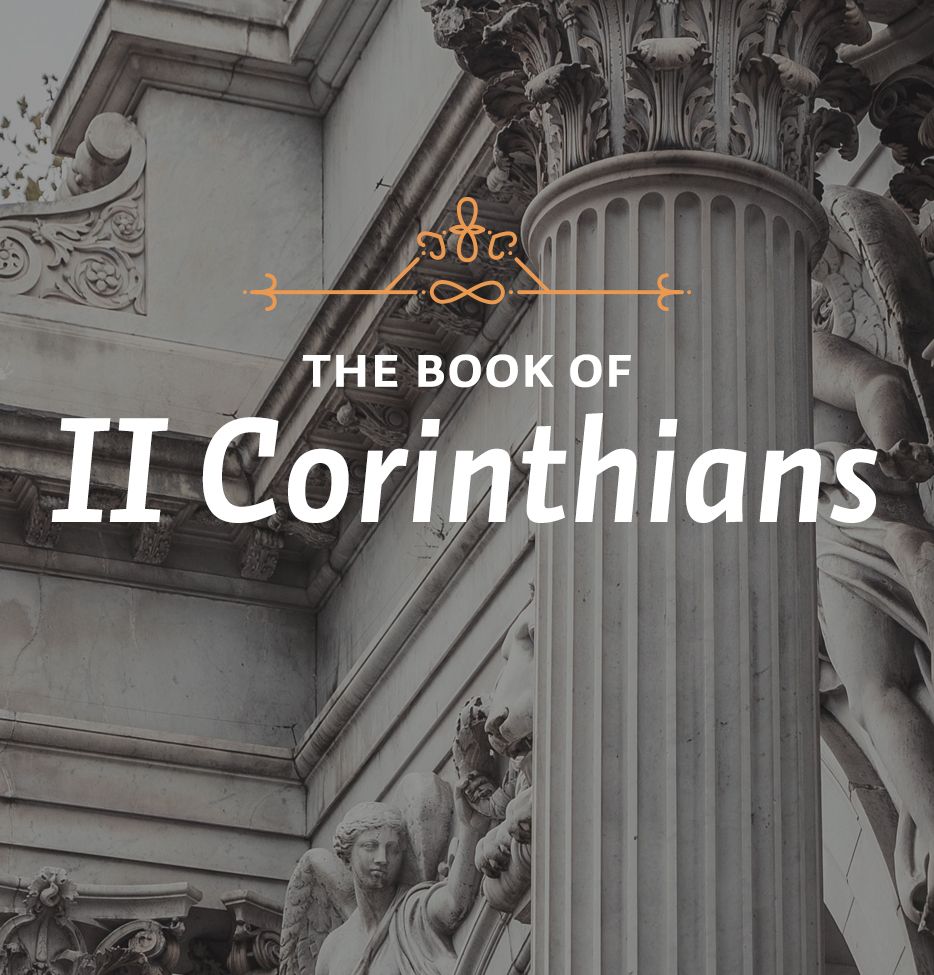It is not difficult to find examples of people who have allowed the love of money to ruin their spirituality and to nullify the effect of their witness. History is full of such examples, and they come from our time also. In the book of Joshua we are told of the sin of Achan that caused the defeat of the armies of Israel at Ai. Israel had just been victorious at Jericho and had dedicated the spoil of the battle to God, as God had indicated. But there was a scar on the victory. During the battle a soldier called Achan had come upon a beautiful Babylonian garment, two hundred pieces of silver and an ingot of gold. Because he coveted them, he took them and hid them in his tent. It was a small thing, but it was disobedience to God. Thus Israel was defeated in their next engagement, and judgment came upon Achan and his household.
Solomon allowed the love of money and women to ruin his spiritual life. Ananias and Sapphira lied to the Lord about money, pretending that they had given the full price of a sale to the church while actually keeping back a portion. They were struck dead. Paul wrote in one of his letters about a young man named Demas, who, he said, “hath forsaken me having loved this present world.” We see the same problem today when people put their home and the care of it above the need for biblical teaching and mow the grass on Sunday when they should be at church, or when they direct all their efforts toward amassing a fortune (or part of one) while neglecting their families and the essential spiritual life of their home. No wonder that Paul wrote to Timothy to remind him that “the love of money is the root of all evil” (1 Timothy 6:10).
Remember that the Bible nowhere teaches that money itself is evil. It is not money or possessions that are at fault; it is the men who use them. Before God created men and women He created a vast world of pleasant and useful things for them. They were meant for man’s use in every joyful and constructive way. But when man sinned, the things that were to be helpful to him came to usurp a place in his heart which they never meant to have. Soon men began to fight and steal and cheat and do countless other things to possess them. Today, when a man surrenders to God and allows Him to redirect his life, a process begins in which money and things are removed from the center and God once again is reinstated on the throne.
There have been sensitive souls in the history of the Christian Church who have recognized the evils that accompany possessions and who have sought to eliminate the evils by doing away with the possessions collectively. Using the example of the early church in Jerusalem, which pooled its possessions and distributed to those who had need, these Christians have argued against the right of private property among believers and have sometimes even advocated a form of Christian communism. That is not right. If some Christians are led of the Lord to sell their possessions and give to others and they do so, particularly in a time of need, this is a great blessing. But it does not therefore follow that all Christians must follow their example.
In discussing this verse in The Sermon on the Mount, Dr. D. Martyn Lloyd-Jones tells the story of a farmer who one day reported to his wife with great joy that his best cow had given birth to twin calves, one red and one white. He said, “You know, I have been led of the Lord to dedicate one of the calves to him. We will raise them together. Then when the time comes to sell them, we will keep the proceeds that come from one calf and we will give the proceeds that come from the other to the Lord’s work.” (2)
His wife asked which calf he was going to dedicate to the Lord, but he answered that there was no need to decide that then. “We will treat them both in the same way,” he said, “and when the time comes we will sell them as I have said.”
Several months later the man entered the kitchen looking very sad and miserable. When his wife asked what was troubling him he said, “I have bad news for you. The Lord’s calf is dead.” “But,” his wife remonstrated, “you had not yet decided which was to be the Lord’s calf.” “Oh, yes,” he said. “I had always determined that it was to be the white one, and it is the white calf that has died.”
It is always the Lord’s calf that dies – unless we are absolutely clear about our service to Him and about the true nature of our possessions. Who owns your possessions? The Lord Jesus Christ tells us that either God owns them and you serve Him, or else your possessions own you, and you serve them. In any case, no one ever really possesses them himself, although many persons think they do. May God give us each the victory that comes when our gifts, wealth, time, friends, ambitions and talents are turned over to Him and we use them to establish indestructible riches in heaven.
Today’s devotional is excerpted from Dr. James Boice’s booklet “The God Who Provides.” If you would like to read the booklet in its entirety, please find it at ReformedResources.org.






